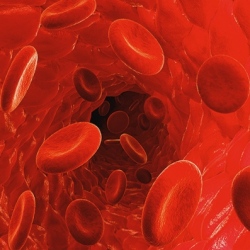
Scientists have been able to predict how cancer patients will respond to therapy by growing miniature versions of their tumours. They say the groundbreaking work could lead to "smarter, kinder and more effective treatments". The study was 100% accurate at telling which drugs would fail and this could spare patients from unnecessary side-effects.
Mini-tumours could also be a powerful way of testing new drugs.
Growing "organoids" is a relatively new scientific technique and even tiny brains have been made in the lab. Researchers treated each organoid with the same drug doctors gave to the patient in the clinic.
The results showed:
If the drug worked in the organoids, it worked 88% of the time in the patient.
If the drug failed in the organoids, it failed 100% of the time in the patient.
Just sparing patients the brutal side-effects of a drug that will not work would make a huge difference, the researchers said.
Dr Nicola Valeri, from the Institute of Cancer Research in London, said: "For the first time we proved these organoids not only resembled the biology of metastatic cancer, but also mirror what we see in the clinic."
In one patient, conventional genetic testing had suggested their tumour would respond to a drug.
But the treatment failed in both the clinic and the organoid. The researchers think organoids might be combined with current tests.
